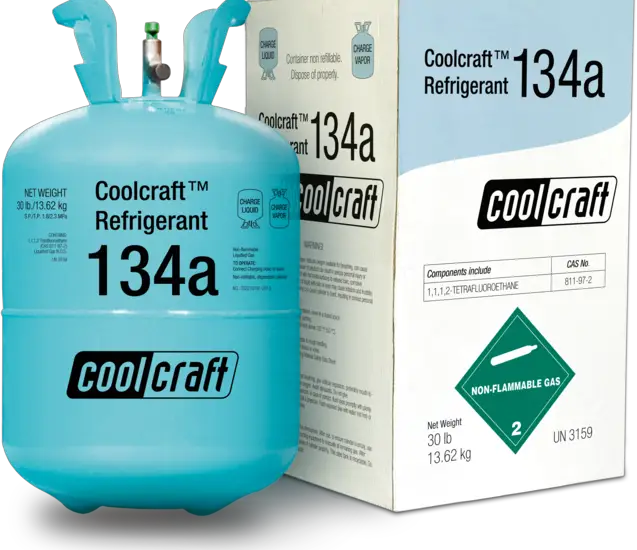Refrigerant leak smell… not something you’d typically ponder on, right? But imagine, you’re chilling at home, and there’s this peculiar smell wafting around. Not rotten eggs, not burning rubber, but something…chemical. Could be nothing. But then, could it be a sign of a refrigerant leak? It’s essential to understand the smell, dangers, and toxicity linked to these leaks. Why, you ask? Well, knowledge is power, my friend. It could mean the difference between a functional cooling system and one that’s secretly causing harm.

Table of Contents
Understanding the Smell of a Refrigerant Leak
Identifying a Refrigerant Leak Smell
Ever tried to describe the scent of rain to someone? Tricky, huh? Same goes for a refrigerant leak smell. Some say it’s a bit sweet, like mowed grass mixed with the scent of chemicals. To get a true whiff of it, though, you’d need to get close to your AC or fridge, which we don’t recommend.
Common Sources of Refrigerant Leaks
You wouldn’t think your faithful AC or trusty fridge might be the culprits, would you? But these loyal household fixtures are often where refrigerant leaks occur. An unexpected twist, like finding out the butler did it in a whodunit!
Signs of a Refrigerant Leak Apart from Smell
Apart from the odd smell, are there other clues? Sure are. Keep an eye out for icy buildup on the coils, or if your once Arctic-cold AC is now blowing out tepid air.
Is a Refrigerant Leak Dangerous?
Immediate Dangers of a Refrigerant Leak
Think of a refrigerant leak like a tricky villain. Initially, it might cause some irritation – itchy skin, watery eyes, a nagging headache. But, like a plot twist in a horror movie, it can take a turn for the worse.
Long-term Dangers of a Refrigerant Leak
If that leaky villain sticks around, the plot thickens. We’re talking about long-term health effects here – think damage to vital organs or even neurological effects. Don’t want to give away the ending, but it’s not a pretty one.
Danger to the Environment
Beyond the home, refrigerant leaks can be an eco-nightmare. Refrigerants are notorious contributors to global warming, so leaks add to this burden. Kind of like pouring gasoline on a fire, isn’t it?
For more articles on refrigerants, click here: Articles on Refrigerants: The Ultimate Guide to Understanding Them
Is Refrigerant Gas Toxic?
Toxicity of Commonly Used Refrigerants
Imagine a villain line-up in a movie. Some are more dangerous than others, right? Same goes for refrigerants. R-22, R-134a, R-410A – each one has different levels of toxicity. Be aware and stay informed.
Symptoms of Refrigerant Gas Poisoning
Refrigerant poisoning isn’t as well-known as food poisoning, but it’s just as unpleasant. Symptoms can include nausea, difficulty breathing, even seizures. If that doesn’t make it a prime-time villain, I don’t know what does.
What to Do in Case of Refrigerant Gas Poisoning
If you suspect refrigerant poisoning, act fast. The credits aren’t rolling yet. Seek immediate medical attention, and don’t try to play the hero by staying in the contaminated area.
Dealing with a Refrigerant Leak
First Steps When Identifying a Leak
Suspect a refrigerant leak? Time to spring into action. Evacuate the area and switch off the cooling system. This isn’t a time for guesswork – your safety comes first.
Professional Repair and Maintenance
Don’t let DIY enthusiasm turn into a horror story. When it comes to refrigerant leaks, pros are your best bet. They’re like the cavalry arriving just in time in a blockbuster movie.
Prevention Measures for Refrigerant Leaks
Avoid the drama of a refrigerant leak by keeping your cooling systems in check. Regular maintenance, early detection – these are your weapons against the villainous leak.
Conclusion
So, we’ve taken a journey through the world of refrigerant leak smell. Seen its dangers, understood its toxicity. Remember, knowledge isn’t just power – it’s a shield. Stay informed, stay safe, and keep that cooling system in check!